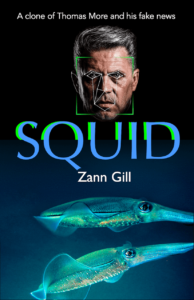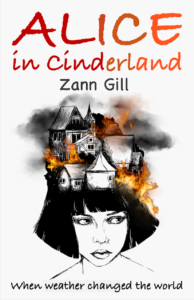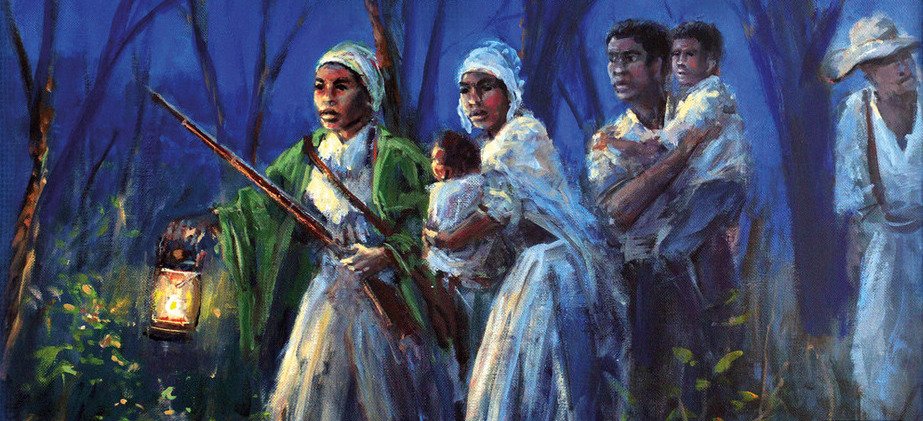
Learning Resources
Below are resources for ALTON. We’ll value your suggestions of resources to add. Resources for other books coming soon.
When we learn from history, we are empowered
by what we know to change what needs to be
changed and can harness diversity and
inclusion to POW! [Power Our World].

Four Reasons to read ALTON
- 1 – Learn from History
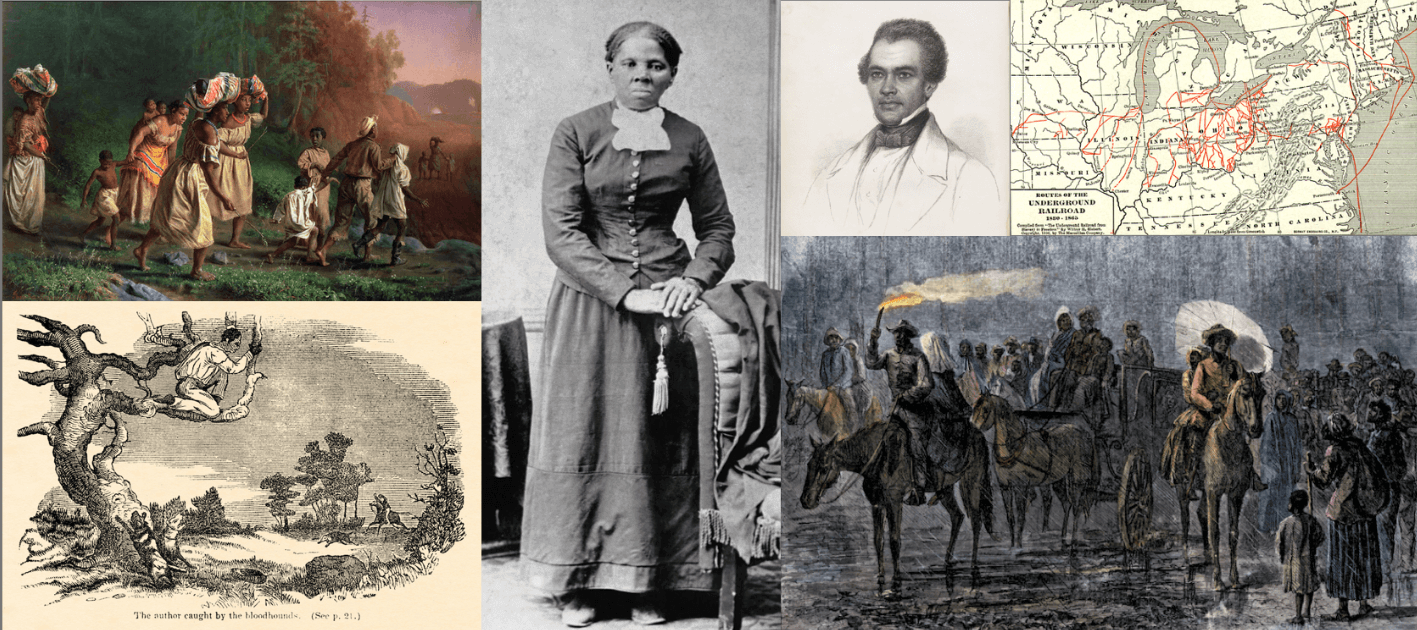
- 2 – EmPOWer Others

- 3 – Join others in projects for impact
From classrooms to the streets, we’re all empowered by what we know
to change what needs to be changed – to POW! [Power Our World].
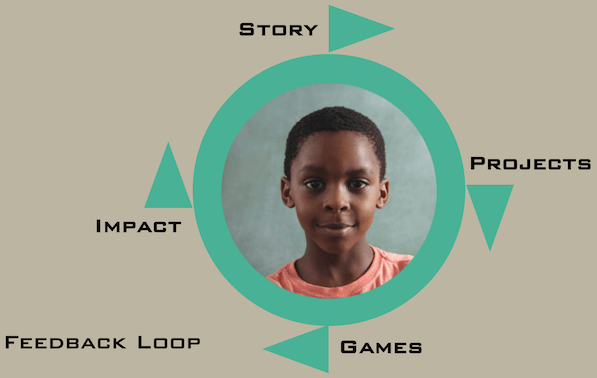
- 4 – Start, join, and grow impact networks
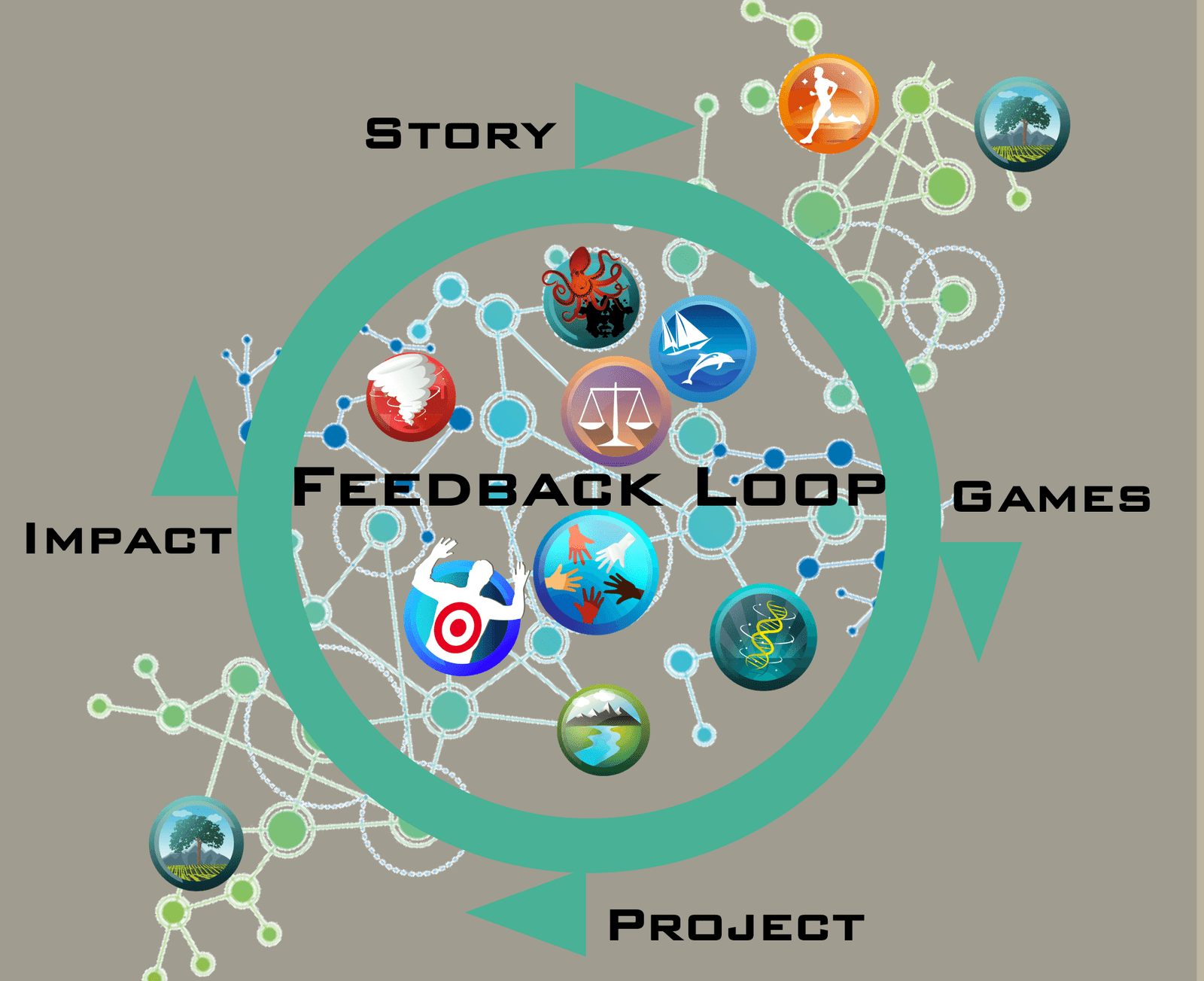
ALTON can inspire student critical thinking and creativity on a range of subjects:
Annotation
- capturing diverse points of view;
- teaching critical thinking;
- enabling group projects;
- sharing viewpoints to enrich the learning experience.
Arts
- Dance, film, music, poetry & story-telling, visual arts;
- Gospel music as a cultural response to the slave era.
Communication & Journalism
- historical uses of newspapers to form public opinion;
- current uses of newspapers to form public opinion;
- the history of freedom of speech and freedom of the press;
- critical thinking, analyzing material presented from multiple points of view;
- writing Op/Ed pieces; collecting current sound bites.
Creative Writing, Debate, Rhetoric & All Language Arts
- debate in which positions are not pre-assigned; the blind draw;
- plot development where characters co-develop, co-evolve, and co-define their stories;
- thinking visually, whether the medium is film or the written word;
- using a screenplay to inform a novel and vice versa;
- constructing a plot, planting clues;
- defining context; the “show, don’t tell” precept;
- how analysis complements synthesis in framing a suspenseful plot;
- using a story for social commentary on contemporary issues.
Cross-Sectoral Studies across all social justice challenges
- analogies across gender, race, religion, age and other social discrimination;
- all men had the right to vote in the US in 1870; women secured the right to vote in 1920, fifty years later
- how media molds public opinion;
- biographies of black and white abolitionists;
- history of the Underground Railroad as a model for change agency;
- collaborations across race in the abolitionist movement.
Economics
- entwinement of economics and policy, politics and social justice;
- slavery and the history of the labor market in the U.S.
- how the economic argument was used to prolong slavery in the U.S.
- how money molds public opinion;
- financial analysis of the ethical argument for equity, then and now.
Ethics
- the use of economic arguments to justify ethical violations;
- comparative studies of historical cases and instances today.
Geopolitics
- regional differences;
- the Underground Railroad and cross-regional collaboration.
History
- analysis of primary sources;
- pre-Civil War era in the United States;
- the history of race relations in the United States;
- examining the distinction between documented fact and historical fiction;
- comparing the U.S. & the U.K., which abolished slavery in 1807, more than 50 years before the U.S.
Literature
- using historical fiction to describe a cultural ecosystem;
- how literature conveys a point of view or contrasts multiple points of view;
- historical fiction as a vehicle to examine concepts that underpin historical events.
Media Studies
- using media to mold public opinion;
- using a screenplay to inform a novel and vice versa;
- constructing a plot, planting clues;
- defining context; the “show, don’t tell” precept;
- how a story can be used as a vehicle for social commentary on contemporary issues.
Philosophy & Psychology
- Hegel’s Master-Slave Dialectic
- crowd control, manipulation, and psychology;
- bias, persuasion, selective evidence, channeling behavior,
- critical thinking, analyzing material presented from multiple points of view,
- how to recognize and address bullying and scapegoating;
- the use and abuse of peer pressure.
Political Science
- free speech and freedom of the press;
- how political agendas are developed and implemented;
- how lobbyists operate: what we see; what we don’t see;
- comparison of the 1837 story with more recent challenges to freedom of the press also using economic arguments, e.g. Immaculate Defamation: The Case of the Alton Telegraph
Religion
- indoctrination during the slave era and its analog in cult practices;
- the role of religion in slave versus non-slave states;
- how politics influences religious doctrines;
Sociology
- social justice as a cross-sectoral challenge;
- Jim Crow and its legacy.
ALTON experiments with a new paradigm for media-driven learning:
1) Book Annotation can spark “this makes me think of” storytelling to gather and share complementary histories and stories, related games, films, and new media experiences that spark action and serve as vehicles to report on the progress of project-based learning experiences.
2) Developing a Social Network of those inspired by ALTON and committed to “make media actionable,” who can encourage sharing and responding to shares, making learning collaborative. An associated game with trading cards and tokens can also be a way to track progress and contributions. Students make decisions and are the navigators in their own game, so learning moves beyond absorbing packets of information.
3) The POW! [Power Our World] Smart Platform facilitates keeping track, supports kids and parents learning together, and enables teachers to work in a more customized way with individual students without adding to their workload if this module is offered in a classroom or remotely. The platform keeps track of input from users and offers recommendations.
See also ALTON References.
FILMS
Multiple Viewpoints on the Black Slave Experience in America
12 Years a Slave (2012) – Steve McQueen (III) 95%
Amazing Grace (2019) – 99%
Birth of a Nation (2016) – Nate Parker 73%
Glory (1989)
Lincoln (2012) – Steven Spielberg 89%
Underground (2021) – Barry Jenkins III
Multiple Viewpoints on Black Protest in America
Ferguson Rises (2021) – Mobolaji Olambiwonnu
Whose Streets? (2017) – Sabaah Folayan 98%
Rise Again: Tulsa and the Red Summer (2021)
Tulsa Burning: The 1921 Race Massacre (2021) – Stanley Nelson & Marco Williams,
Mudbound (2017) – Dee Rees 97%
Selma (2014) – Ava Du Vernay 99%
Time (2020) – Garrett Bradley 98%
Multiple Viewpoints on the Black Experience in America Today
The Forty Year Old Version (2020) – Radha Blank 98%
13th (2016) – Ava Du Vernay 97%
16 BARS (2018) – Sam Bathrick with Todd ‘Speech’ Thomas 80%
BlacKkKlansman (2018) – Spike Lee 96%
Greenbook (2018) – Peter John Farrelly
Lee Daniels’ The Butler (2013) – Lee Daniels 72%
Strong Island (2017) – 100%
Diversity of Films showing Year Produced and Rotten Tomatoes Rating
13th (2016) – Ava Du Vernay 97%
20 Feet from Stardom (2013) – Morgan Neville 99%
The Forty Year Old Version (2020) – Radha Blank 98%
All In: The Fight for Democracy (2020) – Lisa Cortés, Liz Garbus 100%
Amazing Grace (2019) – 99%
Antwone Fisher (2002)
Birth of a Nation (2016) – Nate Parker
BlacKkKlansman (2018) – Spike Lee 96%
Black Panther (2018) – Ryan Coogler #1 96%
Blindspotting (2018) – 94%
CHI-RAQ (2015) – Spike Lee 82%
Clemency (2019) – Chinonye Chukwu 91%
Creed (2015) – Ryan Coogler 95%
Da 5 Bloods (2020) – Spike Lee 92%
Django Unchained (2012) – 87%
Dolemite is My Name (2019) – Craig Brewer 97%
Farewell Amor (2020) – Ekwa Msangi 97%
Fences (2016) – Denzel Washington 92%
Ferguson Rises (2021) – Mobolaji Olambiwonnu
Fruitvale Station (2013) – Ryan Coogler 94%
Get Out (2018) – Jordan Peele 98% $4.5 million budget – grossing $255 million worldwide
Girls Trip (2017) – Malcolm D. Lee 91%
The Gospel According to André (2018) – Kate Novack 87%
Greenbook (2018) – Peter John Farrelly
Hale County This Morning, This Evening (2018) – 97%
The Hate U Give (2017) – George Tillman Jr. 97%
Hidden Figures (2017) – Ted Melfi 93%
I Am Not Your Negro (2017) – Raoul Peck 99%
If Beale Street Could Talk (2019) – Barry Jenkins III 95%
John Lewis: Good Trouble (2020) – 94%
Keep On Keepin’ On (2014) – Alan Hicks 98% about jazz musician Clark Terry
The Last Black Man In San Francisco (2019) – Joe Talbot 92%
Lee Daniels’ The Butler (2013) –
Lincoln (2012) – Steven Spielberg
Loving (2016) – Jeff Nichols 88%
Ma Rainey’s Black Bottom (2020) – George C. Wolfe 98%
Miss Juneteenth (2020) – Channing Godfrey Peoples 99%
Moonlight (2016) – Barry Jenkins III 98% $1.5 – 4 M budget; 63 M box office
Mudbound (2017) – Dee Rees 97%
Night Comes On (2018) – Jordana Spiro 98%
O.J.: Made in America (2016) – 100%
One Night in Miami (2020) – Regina King 98%
Pariah (2011) – Dee Rees 95%
Precious: (Based on the Novel Push by Sapphire) (2009) – Lee Daniels 92%
Rise Again: Tulsa and the Red Summer (2021) – Dawn Porter National Geographic (June 18)
Selma (2014) – Ava Du Vernay 99%
Soul (2020) – Pete Docter 95%
Sorry to Bother You (2018) – Boots Riley 93%
Spider-Man: into the Spider-Verse (2018) – Bob Persichetti, Peter Ramsey, Rodney Rothman 97%
Step (2017) – Amanda Lipitz 96%
Straight Outta Compton (2015) – F. Gary Gray 89%
Strong Island (2017) – 100% – Netflix
Tangerine (2015) – Sean Baker (II) 96%
Time (2020) – Garrett Bradley 98%
Toni Morrison: The Pieces I Am (2019) – Timothy Greenfield-Sanders 97%
Tulsa Burning: The 1921 Race Massacre (2021) – Stanley Nelson & Marco Williams, History Channel.
Underground (2021) – Barry Jenkins III
US (2019) – Jordan Peele #2 93%
Watchmen (2019) – HBO series on Tulsa massacre
Whose Streets? (2017) – Sabaah Folayan 98%
Widows (2018) – Steve McQueen 28%
Highlighting
13th (2016) – Ava Du Vernay 97%
20 Feet from Stardom (2013) – Morgan Neville 99%
The Forty Year Old Version (2020) – Radha Blank 98%
All In: The Fight for Democracy (2020) – Lisa Cortés, Liz Garbus 100%
Amazing Grace (2019) – 99%
Antwone Fisher (2002)
Birth of a Nation (2016) – Nate Parker
BlacKkKlansman (2018) – Spike Lee 96%
Black Panther (2018) – Ryan Coogler #1 96%
Blindspotting (2018) – 94%
CHI-RAQ (2015) – Spike Lee 82%
Clemency (2019) – Chinonye Chukwu 91%
Creed (2015) – Ryan Coogler 95%
Da 5 Bloods (2020) – Spike Lee 92%
Django Unchained (2012) – 87%
Dolemite is My Name (2019) – Craig Brewer 97%
Farewell Amor (2020) – Ekwa Msangi 97%
Fences (2016) – Denzel Washington 92%
Ferguson Rises (2021) – Mobolaji Olambiwonnu
Fruitvale Station (2013) – Ryan Coogler 94%
Get Out (2018) – Jordan Peele 98% $4.5 million budget – grossing $255 million worldwide
Girls Trip (2017) – Malcolm D. Lee 91%
The Gospel According to André (2018) – Kate Novack 87%
Greenbook (2018) – Peter John Farrelly
Hale County This Morning, This Evening (2018) – 97%
The Hate U Give (2017) – George Tillman Jr. 97%
Hidden Figures (2017) – Ted Melfi 93%
I Am Not Your Negro (2017) – Raoul Peck 99%
If Beale Street Could Talk (2019) – Barry Jenkins III 95%
John Lewis: Good Trouble (2020) – 94%
Keep On Keepin’ On (2014) – Alan Hicks 98% about jazz musician Clark Terry
The Last Black Man In San Francisco (2019) – Joe Talbot 92%
Lee Daniels’ The Butler (2013) –
Lincoln (2012) – Steven Spielberg
Loving (2016) – Jeff Nichols 88%
Ma Rainey’s Black Bottom (2020) – George C. Wolfe 98%
Miss Juneteenth (2020) – Channing Godfrey Peoples 99%
Moonlight (2016) – Barry Jenkins III 98% $1.5 – 4 M budget; 63 M box office
Mudbound (2017) – Dee Rees 97%
Night Comes On (2018) – Jordana Spiro 98%
O.J.: Made in America (2016) – 100%
One Night in Miami (2020) – Regina King 98%
Pariah (2011) – Dee Rees 95%
Precious: (Based on the Novel Push by Sapphire) (2009) – Lee Daniels 92%
Rise Again: Tulsa and the Red Summer (2021) – Dawn Porter National Geographic (June 18)
Selma (2014) – Ava Du Vernay 99%
Soul (2020) – Pete Docter 95%
Sorry to Bother You (2018) – Boots Riley 93%
Spider-Man: into the Spider-Verse (2018) – Bob Persichetti, Peter Ramsey, Rodney Rothman 97%
Step (2017) – Amanda Lipitz 96%
Straight Outta Compton (2015) – F. Gary Gray 89%
Strong Island (2017) – 100% – Netflix
Tangerine (2015) – Sean Baker (II) 96%
Time (2020) – Garrett Bradley 98%
Toni Morrison: The Pieces I Am (2019) – Timothy Greenfield-Sanders 97%
Tulsa Burning: The 1921 Race Massacre (2021) – Stanley Nelson & Marco Williams, History Channel.
Underground (2021) – Barry Jenkins III
US (2019) – Jordan Peele #2 93%
Watchmen (2019) – HBO series on Tulsa massacre
Whose Streets? (2017) – Sabaah Folayan 98%
Widows (2018) – Steve McQueen 28%



